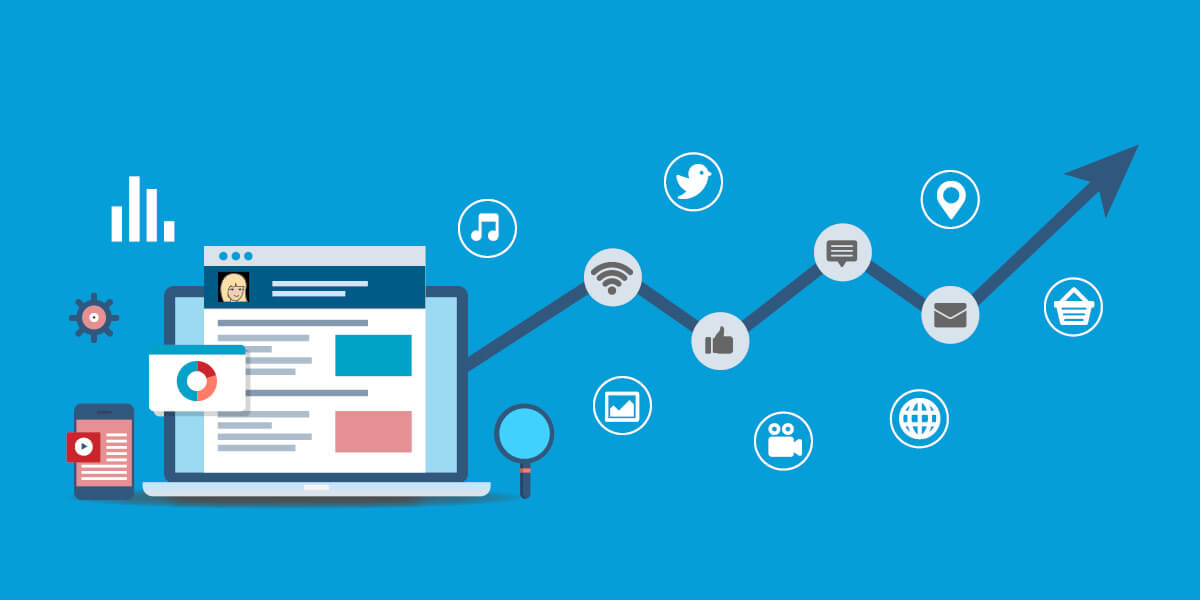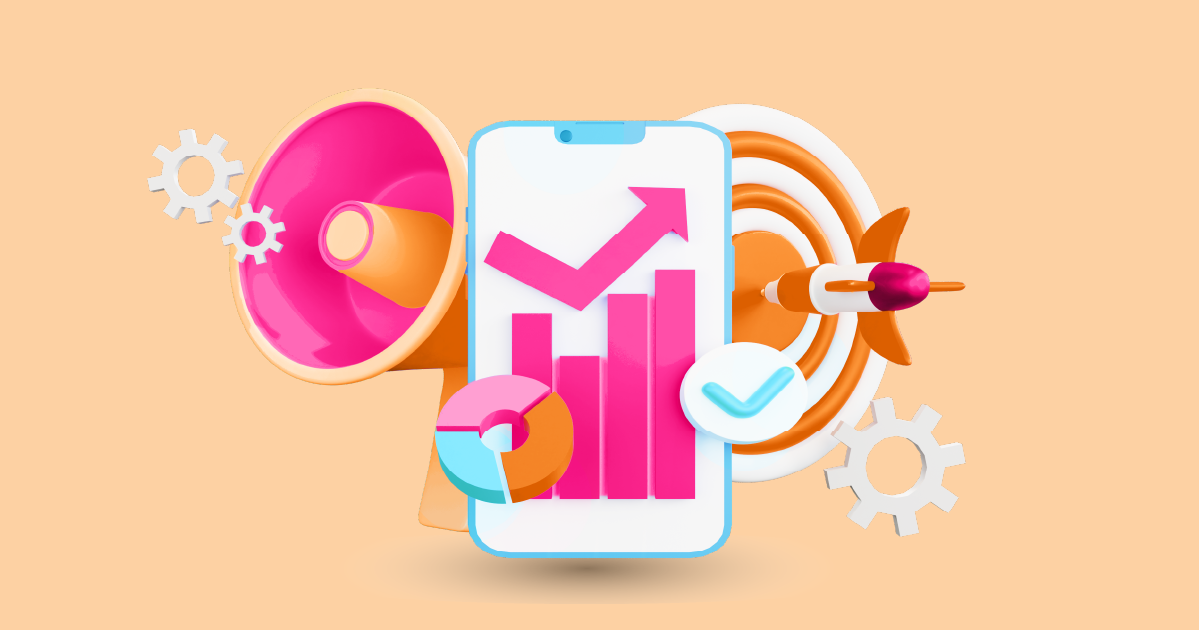In the digital age, where the online presence of businesses greatly influences their success, social media marketing has become an indispensable tool. But how can businesses measure the effectiveness of their social media strategies? Enter social media marketing analytics, a robust system that deciphers the intricacies of online interactions, consumer behavior, and content performance.
The Basics of Social Media Marketing Analytics

1. Defining Social Media Marketing Analytics
Social media marketing analytics involves the collection, analysis, and interpretation of data from social media platforms to optimize marketing strategies.
2. Why Social Media Analytics Matter
Understanding the impact of social media efforts helps businesses tailor their content, improve engagement, and increase ROI.
3. Key Metrics in Social Media Marketing
- Reach and Impressions: The number of users who saw the content and how many times it was displayed.
- Engagement Rate: Measures likes, shares, comments, and clicks, indicating audience interaction.
- Conversion Rate: Tracks the number of users who took a desired action after engaging with social media content.
- Click-Through Rate (CTR): Measures the percentage of users who click on a link after seeing it.
- Customer Sentiment Analysis: Determines how users feel about the brand through comments and mentions.
Advanced Techniques in Social Media Marketing Analytics
Utilizing Advanced Tools
- Social Listening Tools: Monitors brand mentions, offering insights into customer opinions and market trends.
- Predictive Analytics: Forecasts future trends based on historical data, aiding in proactive marketing strategies.
- Competitor Analysis: Evaluates competitors’ social media performance for benchmarking and strategic planning.
The Role of Artificial Intelligence
AI-driven analytics tools analyze vast amounts of data, enabling businesses to make data-backed decisions, enhance customer experiences, and predict market trends.
Challenges and Solutions
1. Data Overload and Interpretation Challenges
The abundance of data can be overwhelming. Implementing AI-driven algorithms assists in processing large datasets and extracting actionable insights.
2. Privacy Concerns and Ethical Considerations
Striking a balance between data collection for analytics and user privacy is crucial. Anonymizing data and complying with regulations ensures ethical practices.
Case Studies with Record-Breaking Results
Social media marketing analytics isn’t just about tracking data—it’s about achieving extraordinary results. Let’s look at a few case studies that demonstrate how businesses can leverage analytics to skyrocket their social media success.
1. Glossier’s Social Listening Revolution
Case Study: Glossier, a direct-to-consumer beauty brand, has taken social media marketing to new heights by leveraging social listening and sentiment analysis. By analyzing user-generated content and engagement on platforms like Instagram and Twitter, Glossier was able to build a community of loyal brand advocates.
- Result: Glossier saw a 60% increase in customer retention and a 20% increase in new customer acquisition within a year of refining its social media strategy using analytics.
- Quote from Emily Weiss, Founder of Glossier:
“Our social media strategy is rooted in understanding our community. We listen, we engage, and most importantly, we evolve based on what our audience tells us.”
2. Nike’s Predictive Analytics for Campaign Success
Case Study: Nike used predictive analytics to forecast trends in the athleisure market, which helped them tailor their marketing campaigns in real-time. By analyzing user interactions and behaviors across social media platforms, Nike was able to predict which products would gain the most traction.
- Result: Nike experienced a 35% increase in conversions for their campaign launches, including a record-breaking sales spike for their limited-edition sneakers, driven by highly-targeted social media ads.
- Quote from Scott Jenkins, Nike’s Director of Digital Marketing:
“Data isn’t just about numbers for us—it’s about storytelling. We let analytics guide our decisions, creating campaigns that resonate deeply with our audience.”
3. Starbucks’ Customer Sentiment Analysis and Engagement
Case Study: Starbucks used customer sentiment analysis on Twitter and Instagram to understand the mood around their brand and products. By identifying shifts in customer sentiment, Starbucks adjusted its messaging and engagement strategies to align with customer expectations.
- Result: Starbucks increased its social media engagement by 45% and reduced customer churn by 30% over six months, thanks to its real-time sentiment monitoring.
- Quote from @Starbucks on Twitter:
“Listening to our customers is at the heart of everything we do. We monitor their conversations, and we respond with authenticity and empathy.”
Conclusion
In conclusion, social media marketing analytics serves as the compass guiding businesses through the vast digital landscape. By understanding the metrics, employing advanced tools, and embracing ethical practices, businesses can unlock the true potential of their social media strategies.
Ready to take your social media marketing to the next level? Request a demo from AIM Technologies today and discover how our advanced analytics solutions can revolutionize your digital presence.
Frequently Asked Questions
How often should social media analytics be reviewed?
- Regular reviews, preferably monthly, ensure businesses stay updated with the changing dynamics of social media engagement.
Can social media analytics help in identifying customer preferences?
- Yes, social media analytics provide valuable insights into customer preferences, enabling businesses to tailor their content accordingly.
Are there free social media analytics tools available?
- Yes, several free tools like Google Analytics and Facebook Insights offer basic social media analytics features.
What is the role of sentiment analysis in social media marketing analytics?
- Sentiment analysis gauges public opinion about a brand, product, or service, helping businesses understand customer sentiment and adjust their strategies.
How can businesses leverage social media analytics for targeted advertising?
- By analyzing user behavior and preferences, businesses can create highly targeted and effective advertising campaigns, maximizing their ROI.




